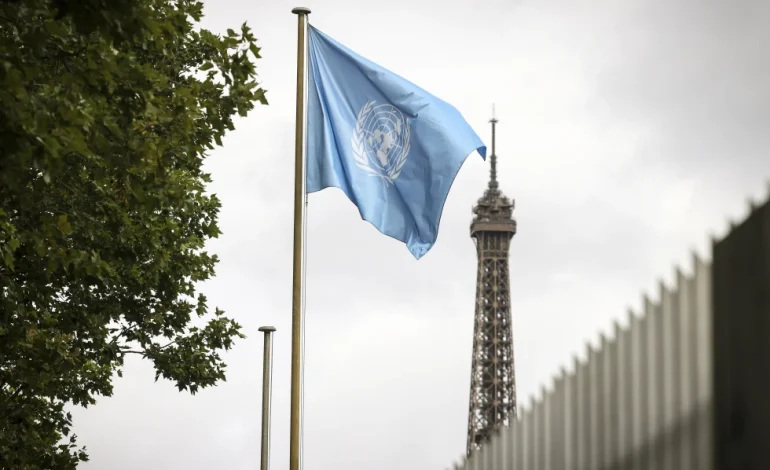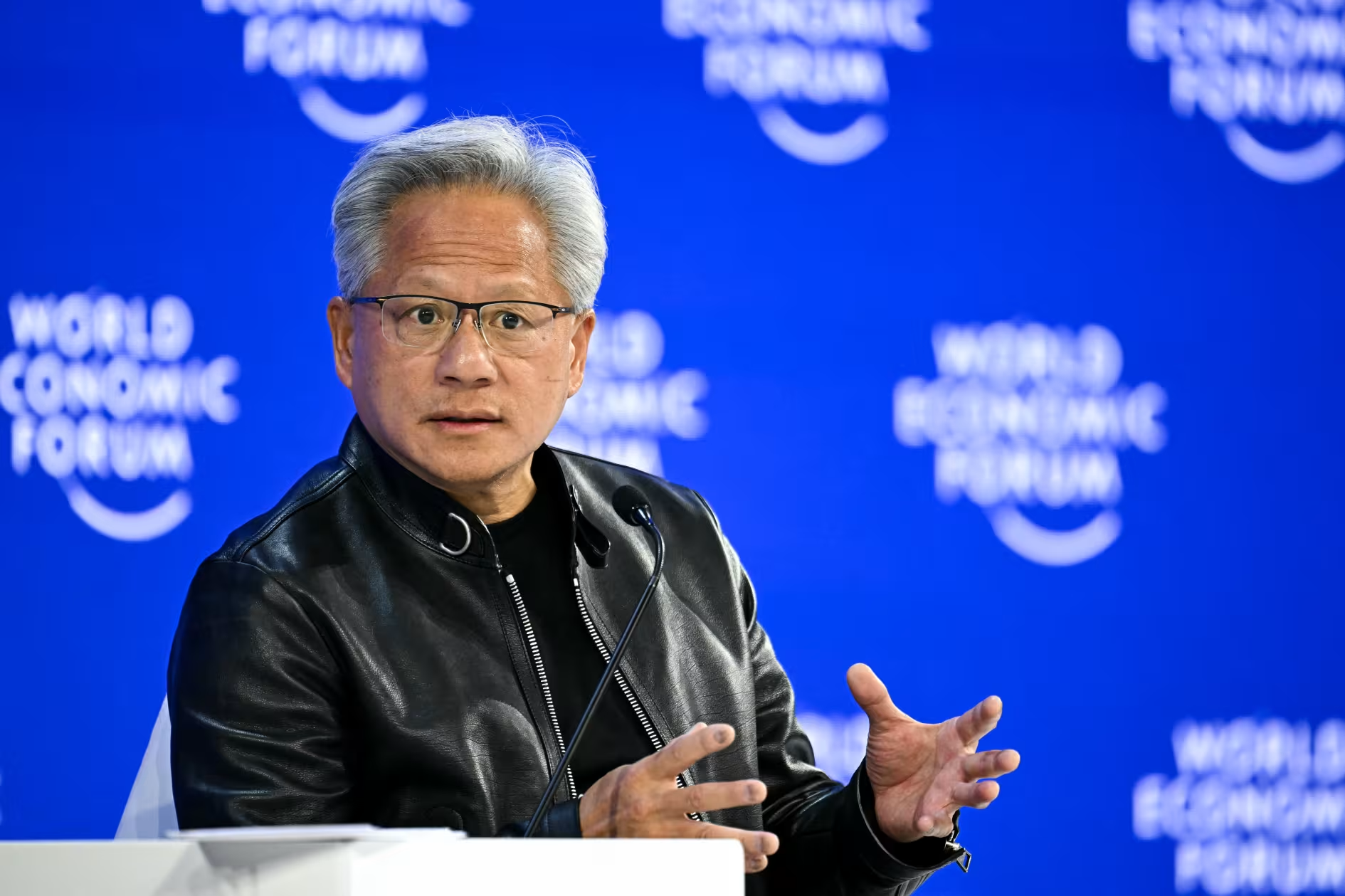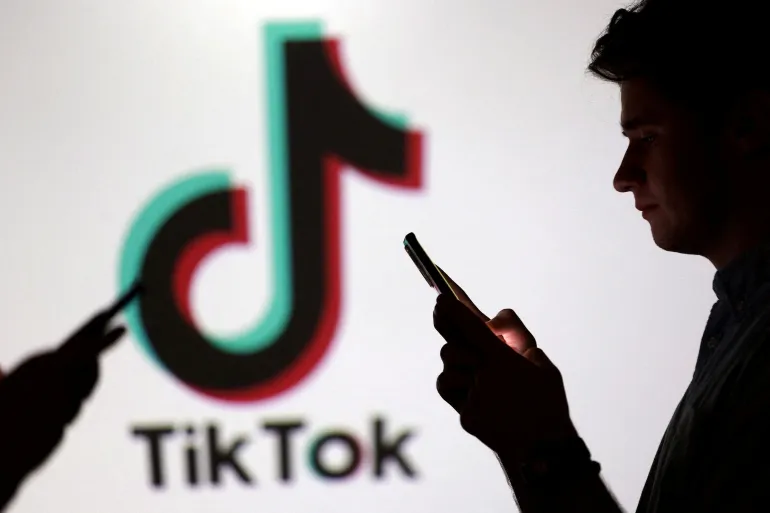Trump Admin Pulls U.S. Out of UNESCO

The Trump administration is once again hitting the brakes on America’s participation in international organizations — this time pulling out of the U.N.’s cultural and education arm, UNESCO.
On Tuesday, the White House confirmed it will be backing out of the agency — again — citing long-standing concerns over alleged anti-Israel bias and what it calls “divisive cultural agendas.” The exit won’t be finalized until December 2026, but the message is clear: under Trump, multilateralism is out, “America First” is in.
This is round two. The U.S. previously withdrew from UNESCO back in 2018 during Trump’s first term, only for the Biden administration to rejoin in 2023. Now Trump’s team is flipping that switch again, saying nothing’s changed and the agency is still pushing policies Washington doesn’t support — especially around the recognition of Palestine as a full member state.
“UNESCO’s direction continues to be deeply problematic,” said State Department spokesperson Tammy Bruce, pointing to what she called the group’s tendency to “advance divisive social and cultural causes.”
Bruce also blasted UNESCO’s 2011 decision to admit Palestine, calling it “contrary to U.S. policy” and a trigger for what she described as a rise in anti-Israel rhetoric
UNESCO is best known for its World Heritage Sites list — think the Taj Mahal, the Grand Canyon, the pyramids of Giza, but it also plays a major role in global education, science, and media literacy programs.
With the U.S. walking away again, the agency is bracing for a major funding gap. America is its largest donor, and the departure raises fresh questions about how UNESCO — and the broader U.N. system — moves forward without its biggest backer.
This isn’t a one-off. The Trump administration has already pulled the U.S. out of the World Health Organization and the U.N. Human Rights Council, and it’s been reassessing funding for others too. The goal? Shift U.S. diplomacy away from global bodies and focus on direct bilateral deals where Washington has more leverage.
Critics say this undermines international cooperation and isolates the U.S. just when shared global challenges, from climate change to cultural preservation, demand collaboration. But for Trump’s team, this is about reclaiming U.S. sovereignty and rejecting what they see as politicized globalism.
Whether or not it sticks this time remains to be seen — December 2026 is still a ways off. But for now, the message to UNESCO is loud and clear: count the U.S. out.
With input from The AP News









The latest news in your social feeds
Subscribe to our social media platforms to stay tuned